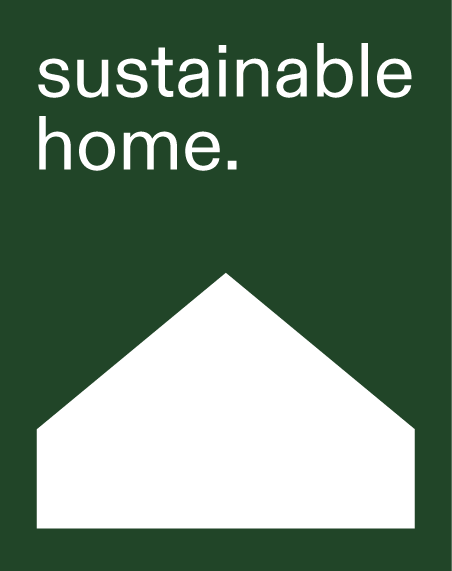A set of practical requirements drove the alterations and additions of this Marrickville, Sydney house: respect its cottage facade; create a connection to the backyard; and introduce natural light.
Aesthetically, Studio Weave Architects were interested in exploring the idea of Neeson Murcutt + Neille’s Woolwich House (circa 2010) with its contrasting timber and concrete cladding across two storeys. Marrickville Laneway House adopts a similar appearance featuring recycled timber and Barestone panels (compressed fibre cement), albeit on a smaller scale appropriate for its dense inner-city context.
The transformed home retains its corridor and three front rooms, one of which was converted into the main bathroom and laundry. ‘There was value in keeping these front rooms as they were well built with solid brick construction, lovely existing timber floorboards (just] in need of a sand/polish) and ornate plaster ceilings,’ says architect and Studio Weave director Davin Turner. ‘Furthermore, it was important to the client and architect to maintain the streetscape.’
An addition replaces a previous lean-to with a new kitchen, living, and dining area on the ground floor; with a study, main bedroom and en suite above.
Opening as much of the home to the backyard as possible was both the priority and greatest challenge of the project. Studio Weave designed a seamless connection without the need for a visually disruptive post supporting the first floor.
‘From a structural perspective as well as a detailing perspective, this was tricky to achieve. A bifold door coming to meet a face sliding door was particularly challenging,’ says Davin.
‘The structure involved in this was considerable (it would have been much easier and cheaper to place a post to support the first floor), however, spatially, this adds a lot to the kitchen and dining area. It really brings in the backyard and “borrows the space” to create a feeling of spaciousness in an otherwise compact home.’
Recycled timber continues in the interior joinery, elevated by brass fittings and pink terrazzo in the bathroom.
On the upper storey, an angled roof on timber beams is combined with high level glazing to maximise the northern sun. Views to the neighbours are restricted through the use of solid timber casement windows and screens.
Studio Weave have successfully created an intimate and comfortable home on an 183 square metre block that respects its neighbourhood.


















































